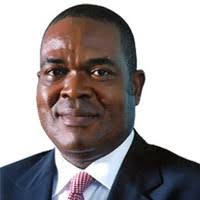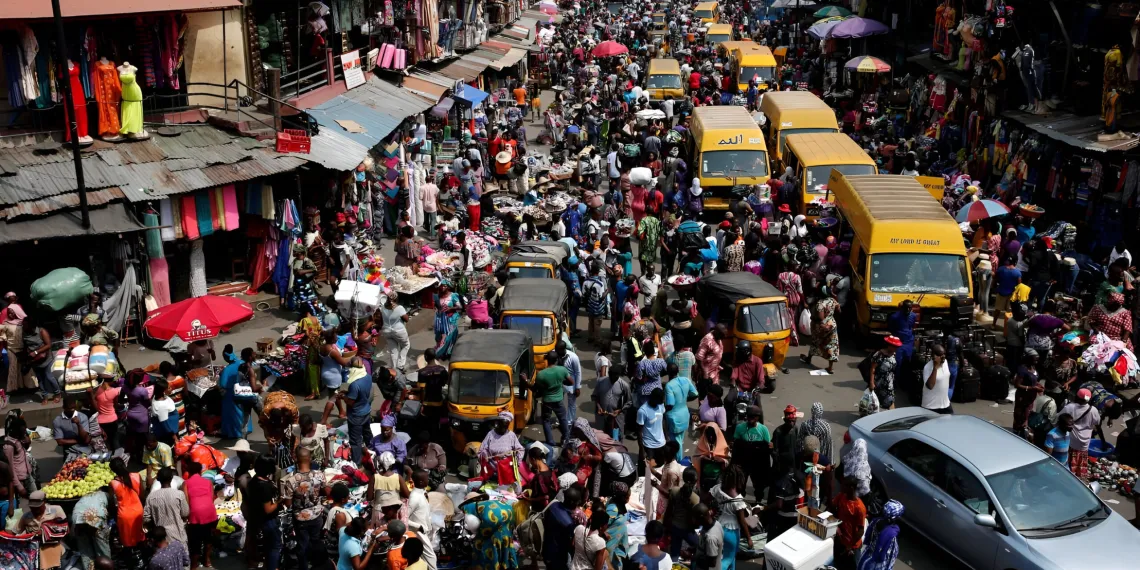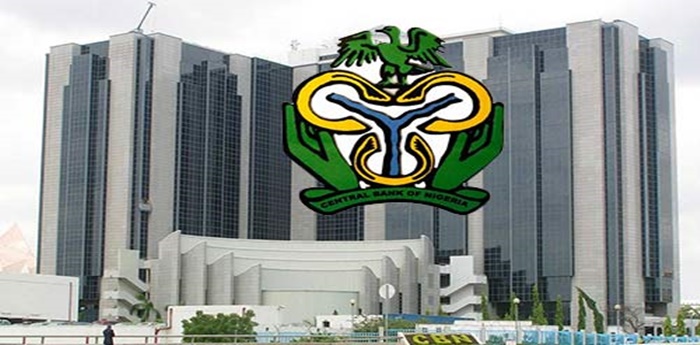By Marcel Okeke
A very noxious and worrisome media report about Nigeria came into public space recently, but appeared overshadowed and subdued by a deluge of other news and information about the country. Specifically, the United Nation’s (UN) latest global health report for 2025 has ranked Nigeria as the country with the lowest life expectancy globally.
Life expectancy refers to the average number of years a person is expected to live, based on current mortality patterns. It varies from country to country; and year to year. Essentially, life expectancy has become one of the indicators of a country’s overall health; reflecting the quality of healthcare, living conditions, nutrition, and socio-economic wellbeing of its population. A higher number suggests that the citizens are living longer, healthier lives. A lower figure, as in Nigeria’s case connotes persistent health and development challenges.
The latest UN report placed Nigeria’s average life expectancy at 54.64 years, making it the lowest in the whole world. In 2019, a similar UN report placed Nigeria’s life expectancy at about 55 years, ranking it the third lowest in the world at the time.
The latest figures for Nigeria vividly show that virtually no improvement over six years (2019—2025), and a further drop in global ranking as other countries made some gains. While Nigeria occupies the bottom rank, a few other African countries came close to it, namely Chad (55.2 years), South Sudan (57.7 years), Central African Republic (57.7 years), and Lesotho (57.8 years).
On the other hand, countries with the highest life expectancy (2025 UN report) include Monaco (86.5 years), San Marino (85.8 years), Hong Kong (85.6 years), Japan (84.8 years), and South Korea (84.4 years).For Nigeria, the latest UN ranking that places it at the bottom is a clear pointer to the fact that the state of its socio-economic development is sorely suboptimal. In point of fact, the dismal ranking reflects the long-standing problems of widespread poverty, insecurity, malnutrition, environmental degradation, limited access to quality healthcare, recurring industrial actions by health workers, poor funding of healthcare sector, etc.
Coincidentally, various local and foreign agencies, including the World Bank and the IMF have of recent been warning about fast-deepening and spreading poverty in Nigeria. Specifically, the World Bank said in its latest Nigeria Development Update (NDU) that the ongoing reforms in the country have pushed about 139 million people into poverty. The Bank warned that Nigeria ran the risk of losing the reform gains if they did not translate into tangible improvements in the people’s wellbeing.
The spreading poverty accounts in part for basic necessities such as healthcare, food and other social facilities becoming unaffordable to a growing population. Widespread poverty limits access to healthcare, nutrition, and education; thus, exacerbating health challenges. The Government on its part has kept ‘starving’ the health sector of funds: with paltry sums being allocated to the sector yearly in the annual budgets.
For instance, in the 2024 budget, the Federal Government earmarked N1.3 trillion for the health sector, in a total budget of N28.77 trillion. This allocation represents a mere 4.6 per cent of the total budget, deviating significantly from the 2001 Abuja Declaration’s recommendation that African governments allocate a minimum of 15 per cent of their annual budgets to the health sector.
As a mechanism to address the funding gaps in their health systems, African heads of state and governments under the African Union committed in April 2001 to dedicate at least 15 per cent of their annual budgets to the health sector in what is now known as the ‘Abuja Declaration.’ Now, almost a quarter of a century after the Declaration, Nigeria allocates a paltry five per cent of its budget to the critical health sector. This leaves the sector with lingering challenges that ultimately rub off negatively on the quality of lives of the citizenry. Part of these lingering problems has been high maternal and infant mortality rate. High mortality rates during pregnancy, childbirth, and early childhood obviously directly impact life expectancy. Added to this is the widespread environmental pollution in the country—ranging from the oil and gas pollution in the Delta region to the ‘illegal’ mining activities in various parts in the North.All these lead to air and water pollution which pose serious health threats, leading to respiratory issues and other long-term health problems. The subsisting food insecurity in the country which reflects in inadequate access to nutritious food and poor dietary habits also contribute to numerous health issues that shorten lifespan.
These deplorable health issues, on the aggregate, raise big questions about the effectiveness of healthcare reforms, economic policies, and social investments of the Government. This, apparently, is why the outcomes of recent economic reforms in the country have kept attracting public opprobrium and sporadic protests.In this vein, as we write, Nigerian medical doctors under the aegis of the Nigerian Association of Resident Doctors (NARD), have been on a nationwide strike since November1, 2025. All resident doctors in Federal and state tertiary health institutions nationwide have withdrawn their services. Hardly is there a time when one of the professional groups or the other in the sector would not be on strike.
While these strikes last, many of the professionals in the health sector emigrate in their numbers to other countries. Indeed, a report by NARD shows that 1,417 doctors left Nigeria in 2023 alone. Another report from the National Institute of Health shows that over 16000 doctors left Nigeria in the five to seven years prior to 2025. And the exodus continues!In all, the decrepit health sector, bereft of motivated personnel, starved of funds and equipment, provides the substratum for unhealthy life and lifestyles of the populace. The end result is continued drop in life expectancy that leaves Nigeria at the ‘bottom of the pyramid’.

The author, Okeke, a practicing Economist, Business Strategist, Sustainability expert and ex-Chief Economist of Zenith Bank Plc, lives in Lekki, Lagos. He can be reached via: obioraokeke2000@yahoo.com (08033075697) SMS only




